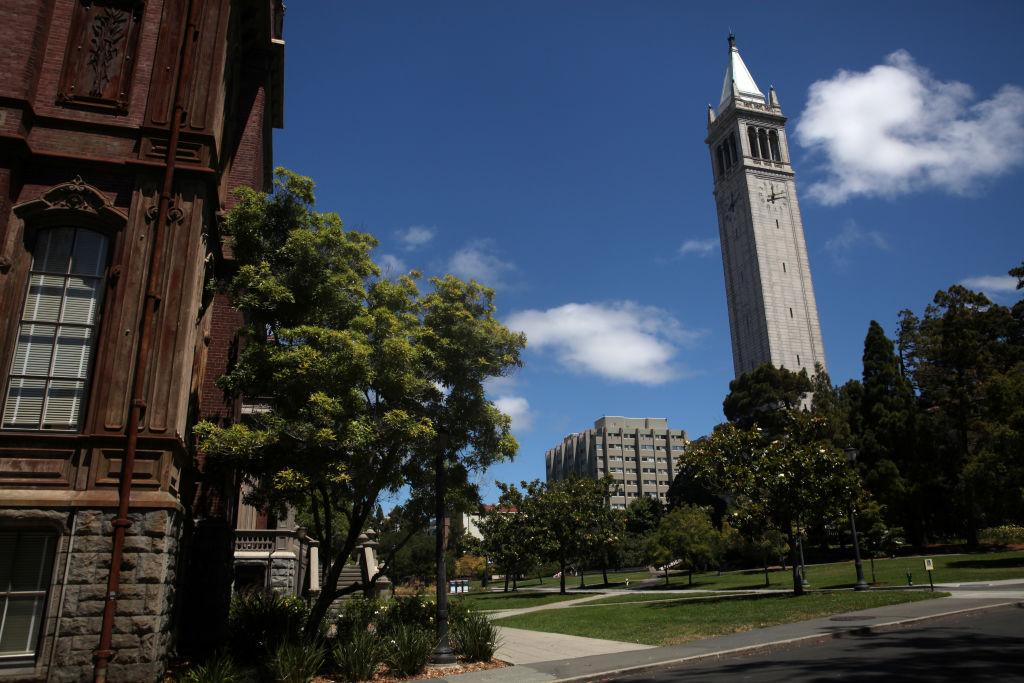Commentary
During the late fifties, while I was an undergrad at UC Berkeley, a campus with some 20,000 students at that time, I met a fascinating young man who was enrolled at Boalt Hall, the university’s law school.

During the late fifties, while I was an undergrad at UC Berkeley, a campus with some 20,000 students at that time, I met a fascinating young man who was enrolled at Boalt Hall, the university’s law school.